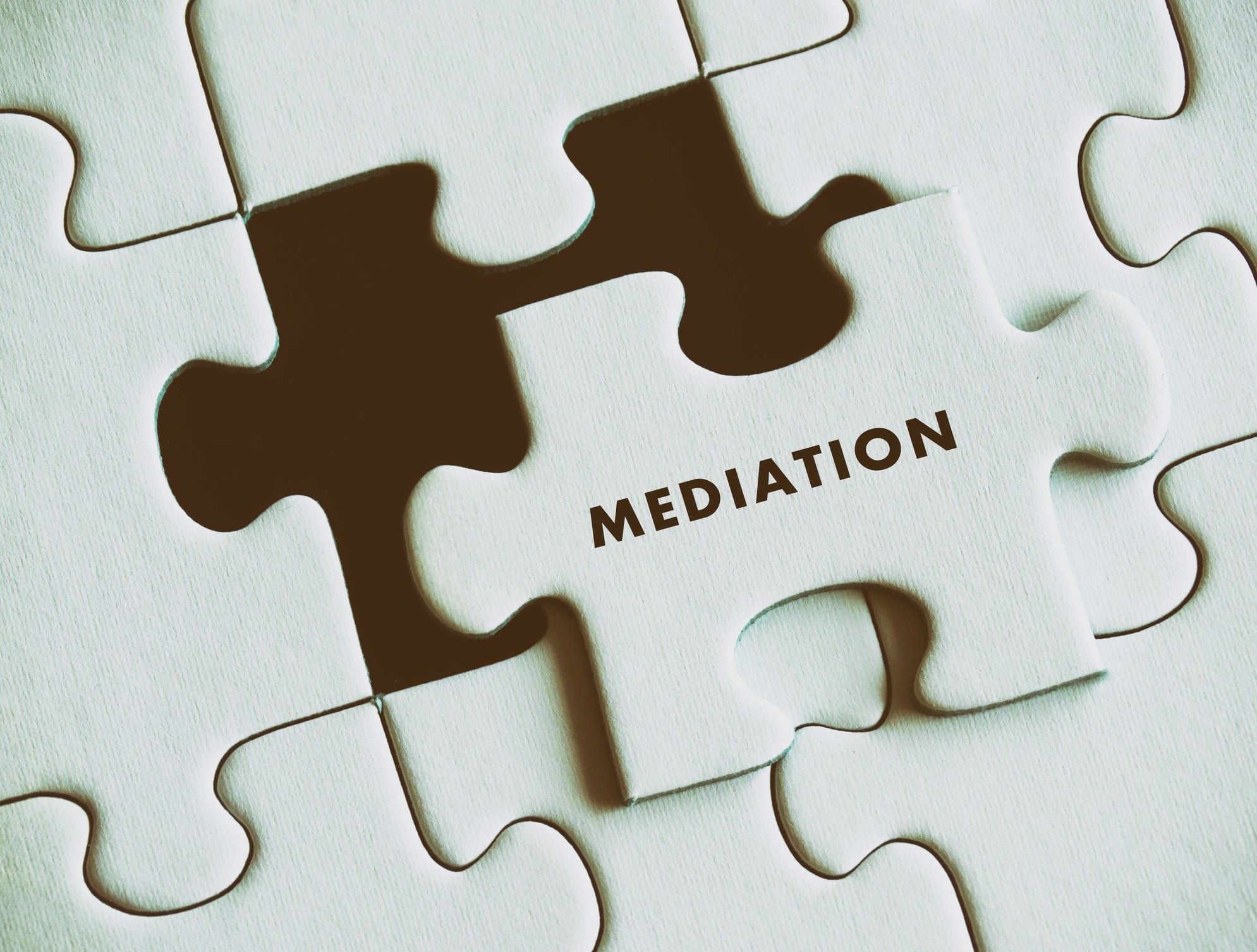The short answer to this question is: yes, you do still need a lawyer when participating in mediation.
What is Mediation?
Mediation is a common process used by separating couples.
Mediation involves a neutral third party who helps you and your spouse or common law partner talk through the issues of separation. It is a voluntary process, one that is considered more collaborative, where both parties can express their concerns and brainstorm solutions that may work best for their particular circumstances. It is often suggested as an alternative to court.
After picking a mediator, the parties would typically first meet individually with the mediator for an intake session. This is meant to go through some issues and to ensure that the person is compatible for mediation. After this, a mediator will schedule a session – typically a half day or full day session. The number of sessions required depends on the parties involved.
Goals of Mediation
The goal of mediation is to arrive at a separation agreement. It is not uncommon to see a separation agreement that is created in parts: some parties will first make a parenting agreement, while others will work on a property agreement first. Eventually, all of the pieces come together to make one fulsome agreement.
Why Do I Need a Lawyer If I’ve Already Had a Mediator?
It all comes down to legal information versus legal advice.
A mediator can only provide you with legal information: defining terms and concepts for you, telling you the steps in dividing property, calculating support, and describing different parenting styles. A lawyer will go through these with you and provide you with legal advice: applying these concepts to your situation, providing you with options on how to proceed in your specific case, and telling you what your specific circumstances mean for your rights and obligations.
At each step of mediation, or at the conclusion of your mediation, getting advice from a lawyer is key in ensuring you understand the implications of the choices you are making. If you have a draft separation agreement the mediator has prepared, a lawyer will go through this with you. Things a lawyer will discuss with you include:
- Explaining each section to you so you understand its implications and what it means for you;
- Telling you if what is currently in the agreement is fair and reasonable based on the legislation and case law;
- Pointing out where you may want to ask for revisions or new things to be added;
- Hypothesizing other scenarios and seeing if there are situations you haven’t considered or questions you haven’t asked;
- Advising you on whether or not you are getting the appropriate outcome based on your specific circumstances;
- Outlining your options to go forward, such as working with the other party and/or his/her lawyer and the mediator towards an agreement you are happy with; and
- Advocating for your rights, if you decide you wish to negotiate changes, and realistically explaining what is a reasonable outcome in your circumstances.
Some parties will hire a lawyer during mediation so that they can bounce ideas off of them throughout the process, or to have someone attend with them. Others prefer to hire a lawyer once the mediation is done and they have a final draft agreement in hand. There is no right or wrong and it comes down to personal preference.
While it’s not mandatory to have lawyer present with you for any of your mediation sessions, you will still need a lawyer to help you finalize the process.
This blog post was written by Olivia Koneval, a member of the Family Law team. She can be reached at 613-369-0367 or at olivia.koneval@mannlawyers.com.








